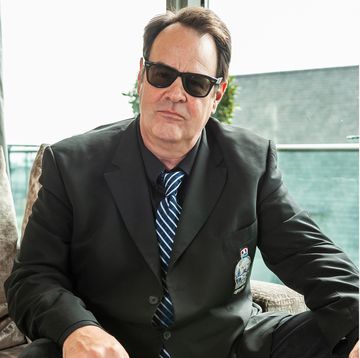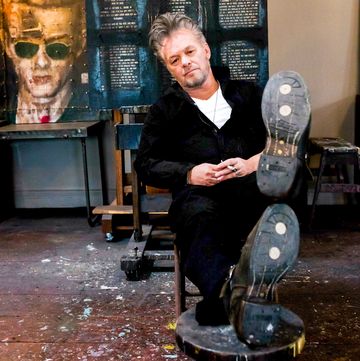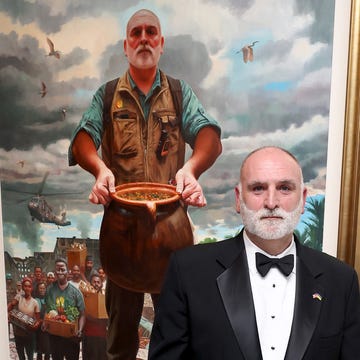"Surf the Web" is a happy coincidence.
You don't have to be young to learn about technology. You have to feel young.
There was no one "Ah-ha!" moment. Not in the sense that many people want to hear. They see the Internet now and think, Well, thirty-six years ago someone imagined what it would look like in 2008, and that is what drove the process. It wasn't like that at all.
When I first joined Google in October of 2005, I was warned that I shouldn't be offended if people were doing their e-mails while a meeting was going on.
There was a first "Oh, no!" moment. That was the first time I saw spam pop up. It could have been as early as '79. A digital-equipment corporation sent a note around announcing a job opening, and we all blew up, saying, This is not for advertising! This is for serious work!
I was disappointed that pornography got to the Net. But I've come to learn that pornographers are almost always the first ones to adopt new technology. If there is a new way of distributing their product, they'll find it.
Will we shoot virtually at each other over the Internet? Probably not. On the other hand, there may be wars fought about the Internet.
Instant messaging and chat rooms have basically created a level playing field for deaf people.
When I was a teenager, I used to wear a sport coat and tie to high school. Mostly so I didn't look like anyone else. Instead of nose rings or whatever it is kids do these days, I was carrying a briefcase.
The three-piece suit has become sort of my trademark. You don't see them much anymore. It has several benefits: You may be overdressed on some occasions, but you can manage to fit into a huge range of circumstances.
I wouldn't go on a safari in a three-piece suit.
One of my favorite books is The Swiss Family Robinson. The reason is, I'm fascinated by the postapocalyptic recovery. What do we do in a disaster? How do we make do?
It may seem like sort of a waste of time to play World of Warcraft with your son. But you're actually interacting with each other. You're solving problems. They may seem like simple problems, but you're solving them. You're posed with challenges that you have to overcome. You're on a quest to gain certain capabilities. I haven't spent a lot of time playing World of Warcraft, because my impression is that it takes a serious amount of time to play it well.
Humor is the only thing that allows you to survive every pressure and crisis.
I find classical music a very beautiful way to focus my thoughts.
Al Gore had seen what happened with the National Interstate and Defense Highways Act of 1956, which his father introduced as a military bill. It was very powerful. Housing went up, suburban boom happened, everybody became mobile. Al was attuned to the power of networking much more than any of his elective colleagues. His initiatives led directly to the commercialization of the Internet. So he really does deserve credit.
People on foot, donkeys, the standard sedan, lorries, bicycles, people on skates. You don't see too many elephants, but you do see a lot of cattle. The horn is not used there in the way Americans use horns. The way I get around India is someone else drives.
In Silicon Valley, failure is experience. Now, if you fail at everything, that's different. But a failure is a mark of experience more than anything else.
The joke is that there are four words you have to remember in a successful marriage: "You're absolutely right, dear."
My wife and I look at our kids and say, They're not ready for marriage. Then we look at each other and say, Why did we think we were?
People are inventing not only virtual places but new economic principles. We have economists in the Second Life environment studying what people are doing, because these are real people making decisions. Maybe you want to have a different hairdo or different clothing or a boob job -- whatever it is. People will pay to enhance their avatar.
Reproducing isn't nearly as much fun in Second Life.
At the roots, people are still people. That's why Shakespeare is so popular no matter what the language.
The closer you look at something,the more complex it seems to be.
Over a period of a hundred or a thousand years, the probability of maintaining continuity of the software to interpret the old stuff is probably close to zero. Where would you find a projector for an 8mm film these days? If the new software can't understand, we've lost the information. I call this bit rot. It's a serious problem.
I'd like to know what the Internet is going to look like in 2050. Thinking about it makes me wish I were eight years old.
Published in the May 2008 issue.













